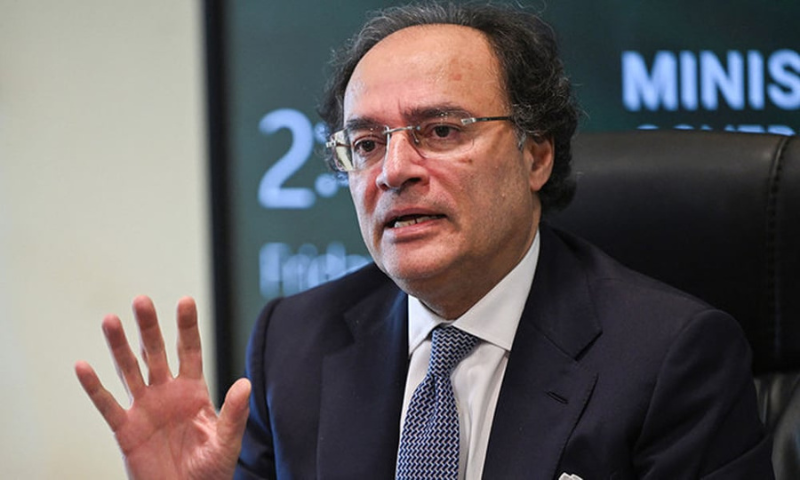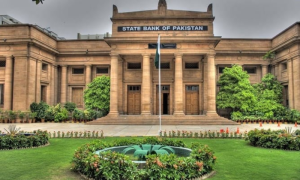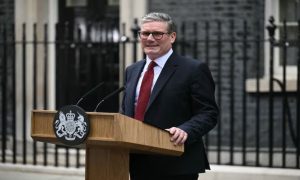KAMALIA: Pakistan’s Finance Minister Muhammad Aurangzeb said on Tuesday that the government is set to impose taxes on the retail sector from July onward, as part of broader efforts to expand the country’s tax base and meet fiscal targets outlined in the upcoming fiscal year’s budget 2024-25.
Addressing a press conference in Kamalia, the Finance Minister emphasized the government’s commitment to bringing various sectors into the tax net to enhance revenue collection. He highlighted that approximately 32,000 retailers have already been registered, paving the way for them to be taxed from next month.
The minister’s remarks follow the recent presentation of Pakistan’s federal budget for the fiscal year 2024-25, which carries a total outlay of Rs18.9 trillion and aligns closely with International Monetary Fund (IMF) guidelines. The budget aims for a modest 3.6% GDP growth and sets an ambitious target of Rs13 trillion in tax collection, achieved partly through increased taxes on salaried classes and the removal of tax exemptions.
Aurangzeb underscored the necessity of broadening the tax base to alleviate the burden on existing taxpayers. He pointed out that Pakistan’s current tax-to-GDP ratio of 9.5% is unsustainable and proposed increasing it to 13% through measures like direct taxation and reduction of tax exemptions, which currently amount to Rs3.9 trillion.
“We have ring-fenced certain sectors such as health and agriculture, but it is imperative to bring all segments under direct taxes,” Aurangzeb affirmed, stressing the importance of equitable tax distribution across various sectors.
Acknowledging challenges in tax enforcement, Aurangzeb criticized the lax implementation of systems like track and trace, attributing revenue losses to these deficiencies. He revealed ongoing efforts with consulting firm McKinsey to digitalize and automate tax processes, aiming for transparency and reduced corruption.
Reflecting on public reluctance to enter the tax net due to perceived harassment, Aurangzeb admitted personal experience with such issues during his private sector tenure. He assured reforms to streamline tax administration and minimize bureaucratic hurdles.


























